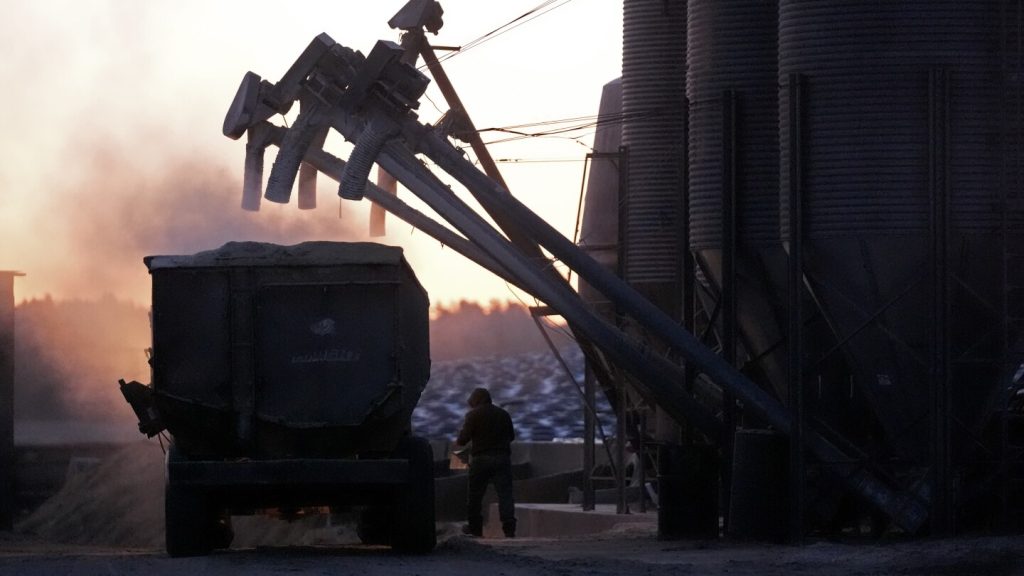The United States is experiencing a surge in immigration, with millions of new arrivals filling jobs across the country. This influx of foreign-born workers has helped drive economic growth and create job openings, easing the pressure on companies to raise wages and prices. Immigrants, both legal and undocumented, have been key contributors to the economy, addressing a labor shortage and allowing businesses to meet customer demand. Despite political debates over immigration policy, the role of immigrants in propelling the economy cannot be denied.
The unexpected boom in immigration has caught many by surprise, with millions of new arrivals entering the country and filling critical roles in various industries. Employers, such as lodging companies and farms, have relied heavily on immigrant workers to meet their workforce needs. The surge in immigration has allowed the economy to expand and generate jobs without igniting inflation, a feat that was previously thought impossible. Immigrants have become an essential part of the labor force, contributing significantly to the overall growth of the economy.
The impact of immigration on the economy has been a subject of debate among economists and policymakers. While some argue that immigrants take low-paying jobs that native-born Americans are unwilling to do, others raise concerns about the potential downward pressure on wages, especially for low-income workers. However, studies have shown that the overall impact on the wages of U.S.-born workers is minimal. The recent wave of immigration has also raised questions about the strain it may place on state and local governments, highlighting the need for a more orderly immigration system.
Critics of immigration policies have raised concerns about the long-term implications of a surge in new arrivals, suggesting that it could lead to slower labor force growth and impact economic stability. However, proponents argue that immigrants bring valuable skills and contribute to innovation and productivity in the country. Immigrants like Luisana Silva and Mariel Marrero have found opportunities in the United States to support their families and pursue their dreams of economic stability. Despite the ongoing political debate surrounding immigration, the role of immigrants in driving economic growth cannot be understated.
As the United States continues to grapple with immigration policy and the impact of new arrivals on the economy, the contributions of immigrants remain essential to various industries and job sectors. Immigrants have filled critical labor shortages and helped businesses meet customer demand, contributing to overall economic growth and job creation. While the debate over immigration policy continues, the stories of individuals like Silva and Marrero highlight the opportunities and challenges faced by immigrants in their pursuit of a better life in the United States.


